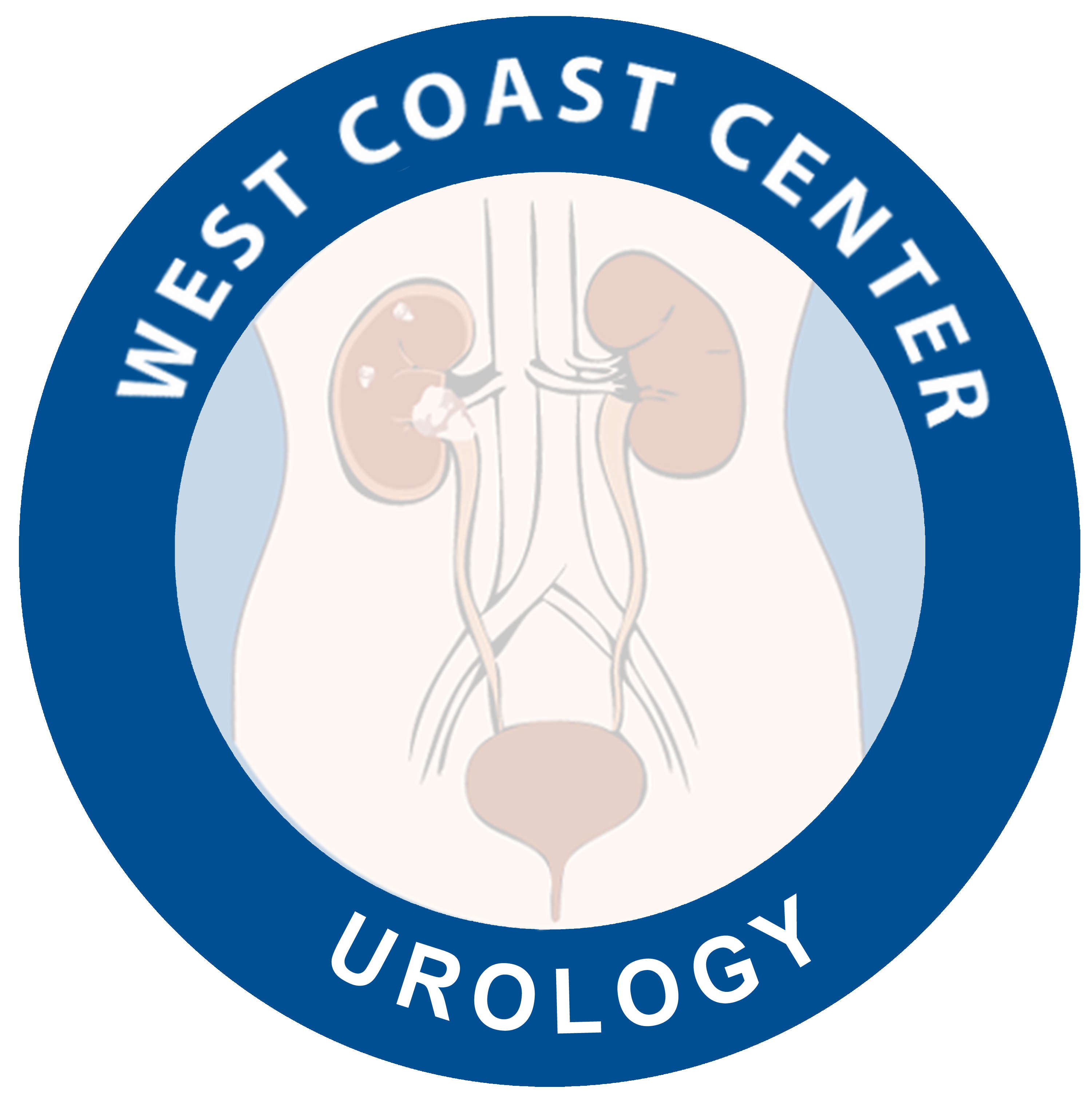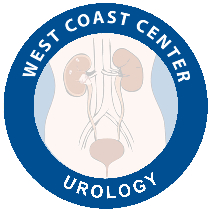Benign Prostatic Enlargement and Voiding Dysfunction
Overview:
Benign Prostatic Hyperplasia, or “BPH,” is the non-cancerous (benign) enlargement of the prostate gland. The prostate starts to grow at puberty under the influence of the male hormone Testosterone. As the prostate gets bigger with age, it compresses the urethra. (the urinary channel that runs through the middle of the prostate and extends from the bladder to the penile urethra.) and obstruct the flow of the urine. When the prostate reaches a significant size, the patient starts to experience significant urinary symptoms known as LUTS. These include the need to urinate frequently especially at night, a weak urine flow, sudden urge to urinate (urgency), trouble staring and stopping your urine stream and sense of incomplete emptying of your bladder. These symptoms are bothersome, and can interfere with your quality of life.
To determine the severity of your symptoms, the American Urological Association has developed a questionnaire called the AUA symptom score.
Evaluation:
The initial evaluation for patients with BPH is Uroflowmetery to measure the force of the stream and post-void residual to assess the ability to empty your bladder. Many of the symptoms in patients with BPH are related to bladder dysfunction that developed as a result of enlargement and long-standing obstruction by the prostate. Dr. Aboseif strongly believes that all patients should have proper evaluation of their bladder function prior to any surgical therapy of the prostate, using video-urodynamic testing. Patients with poor bladder function will need special management of their bladder prior to any surgical intervention.
Medical Management of BPH:
There are oral medications available by prescription for treating BPH. These products include Rapaflo, Uroxatral, Flomax, Cardura and Hytrin. These agents work by relaxing the muscles within the prostate, resulting in less pressure on the urethra and a more efficient flow of urine. Other medications treat prostate enlargement by blocking certain hormones related to testosterone or dihydrotestosterone. These oral medications include Proscar and Avodart; they may cause the prostate to gradually shrink, improving symptoms for some patients; but this shrinking or “downsizing” of the prostate may take from six to twelve months, and not all patients respond well to this treatment.

